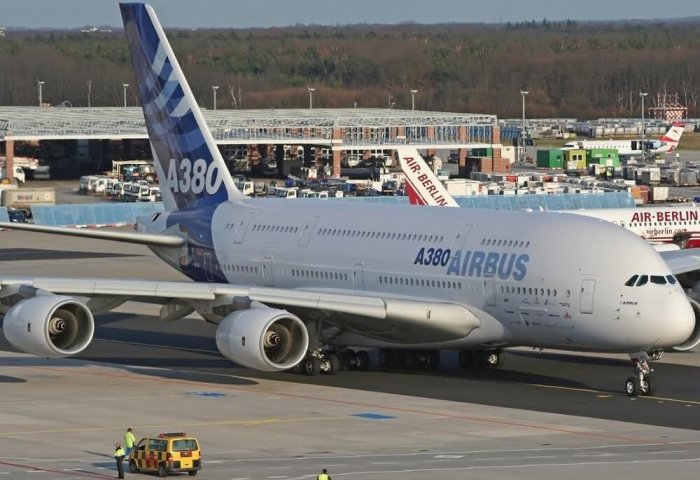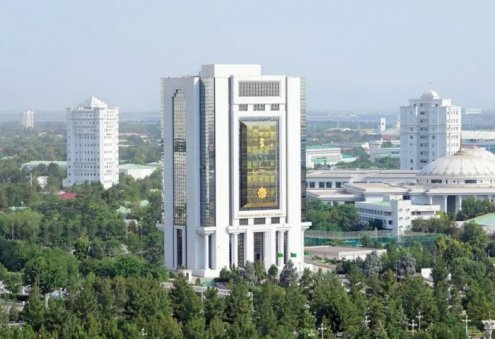Airbus, the European multinational aerospace corporation, expects the commercial aircraft services market to recover to pre pandemic levels in 2023 and to double in value over the next 20 years – from $95 billion today to over $230 billion in 2041. As a result, the number of people working in aviation services and keeping the world's airplanes flying on a daily basis, is set to increase by a further two million.
The aviation sector is one of the most affected sectors during the pandemic lockdowns. It has been gradually recovering in recent months. The new 20-year market forecast published by Airbus (Airbus Global Services Forecast 2022-2041) confirms this.
The report states that spending in the sector increased by 21 percent in 2022 compared to 2021, reaching $95 billion. The services market is projected to finally return to its pre-pandemic level by the end of 2023, with maintenance and training markets at the forefront.
After three years of crisis in the aviation sector, there is a shortage of personnel for different business areas. New job opportunities are emerging, for example in the maintenance and repair business or in ground handling.
In short, Airbus' new report shows that the aviation sector will continue to grow. With a compounded annual growth rate of 3.7% over 20 years, the number of passengers will double to reach more than 9 billion by 2041. This will bring more demand for highly skilled workers than ever before.
The number of pilots, cabin crew and maintenance workers alone is expected to increase by another two million by 2041, said Philippe Mhun, Airbus EVP Programmes and Services.
As a result, the growth of air transport will create a record need for skilled labor, with 585,000 new pilots, 875,000 new cabin crew and 640,000 new maintenance and after-sales specialists – 2 million more people than today.
According to experts, a higher proportion of the latest generation of aircraft in service will drive a huge need for new skills and job creation. According to the European aircraft manufacturer, the new generation passenger aircraft will represent 95% of the operated fleet by 2041.
Nurmyrat Mommayev,
PhD Candidate at Marmara University's Department of Political Science and International Relations in Istanbul, Turkey


















